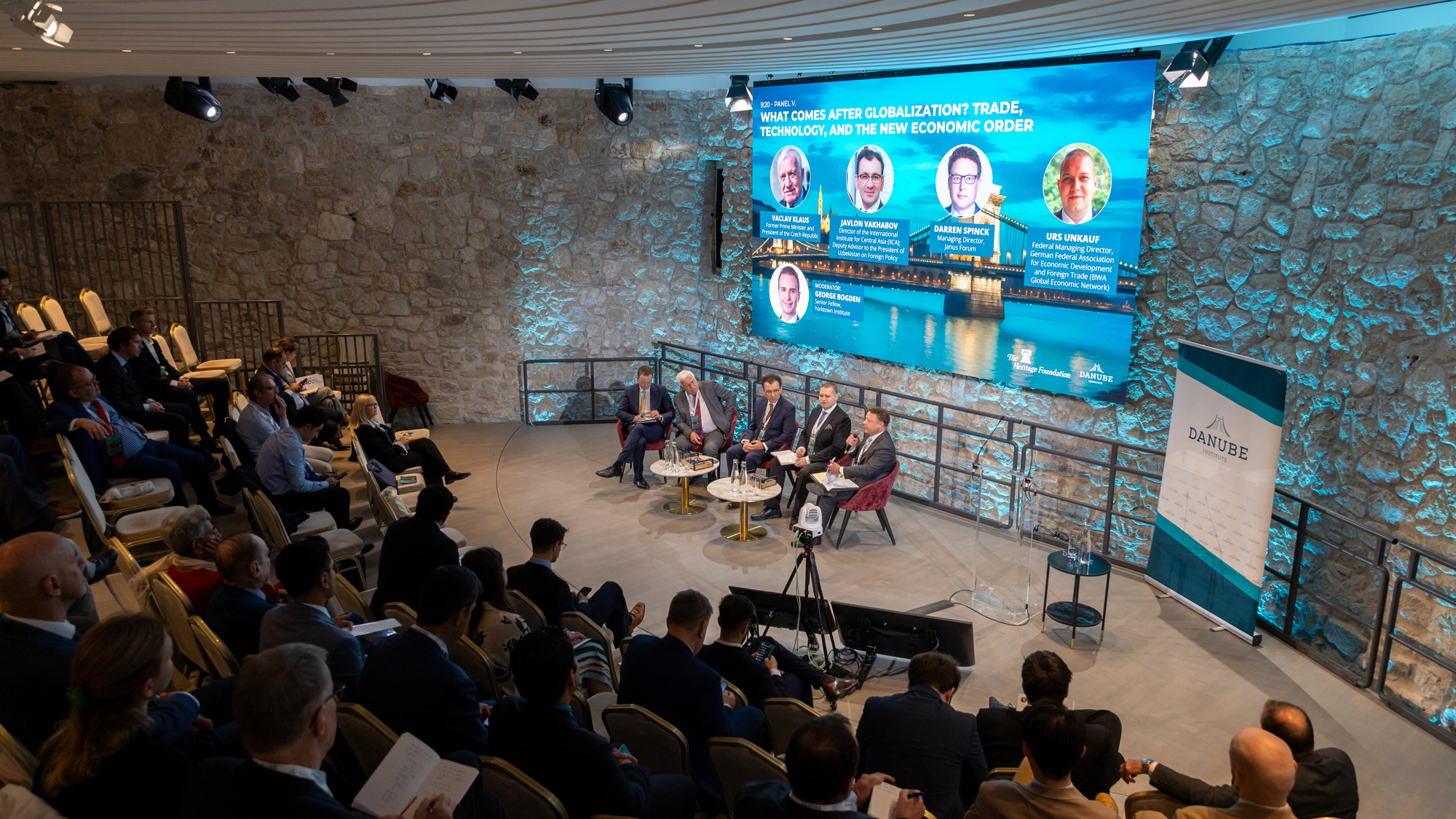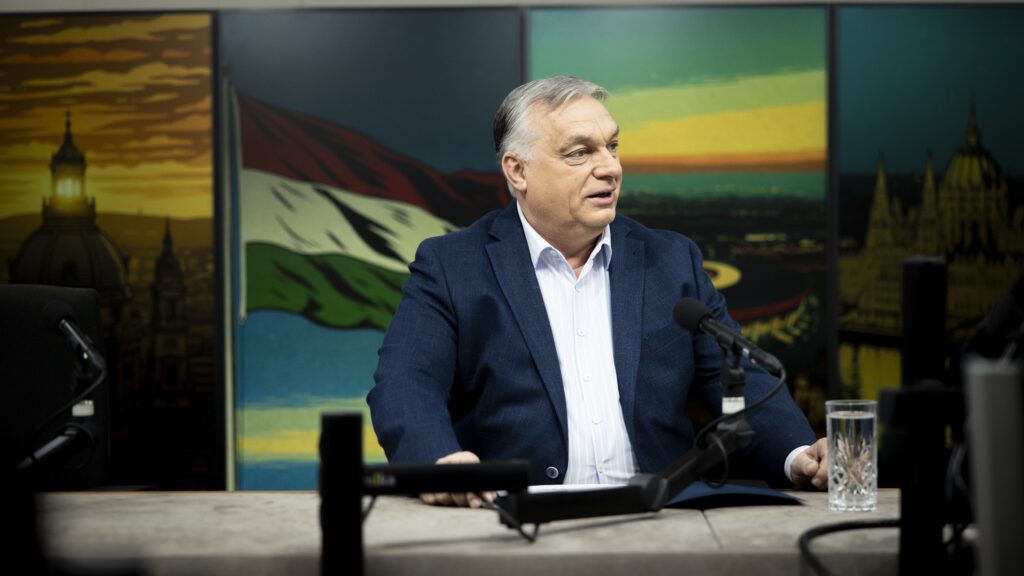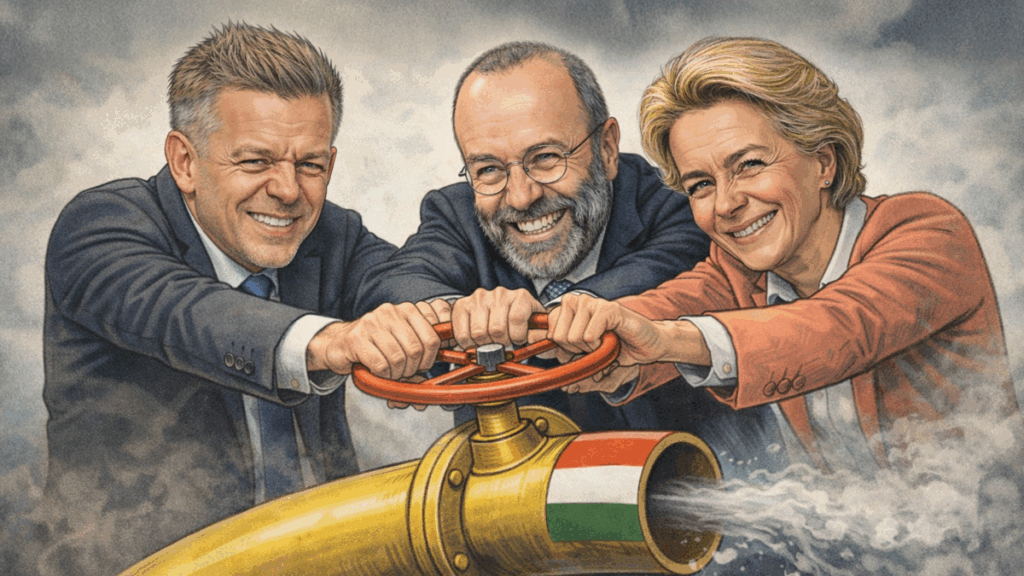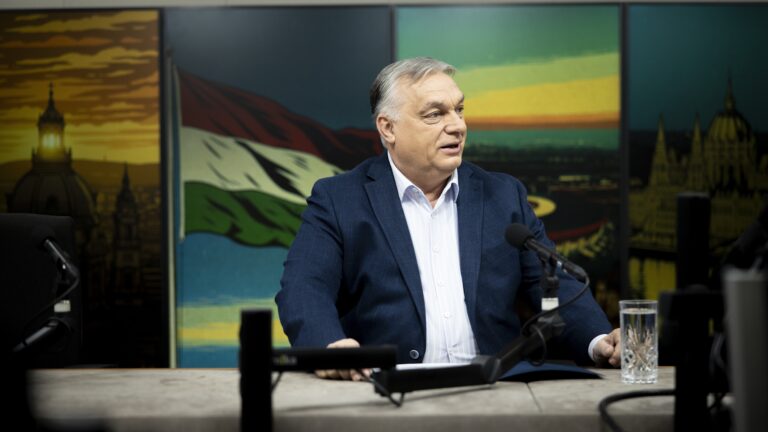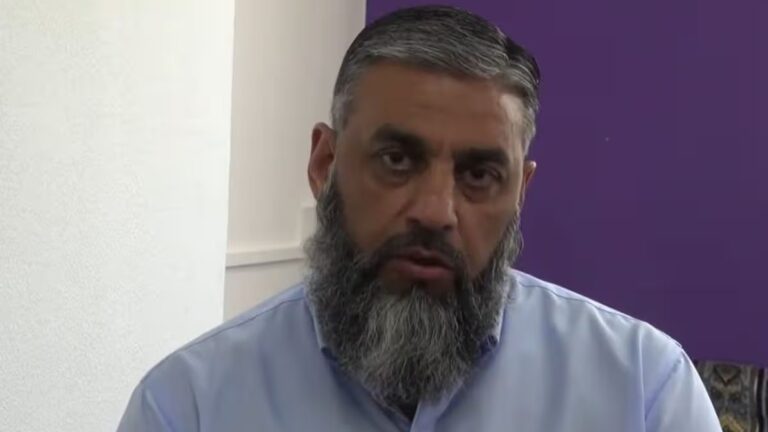The 5th Geopolitical Summit at the Lónyay–Hatvany Villa in Budapest, Hungary, organized by the Danube Institute in cooperation with The Heritage Foundation, is still underway. Day 2 of the prestigious event kicked off with a keynote address by Former Prime Minister Tony Abbott of Australia.
He recalled his meeting with US President Barack Obama in 2014, where he assured that the United States would never be alone in their efforts for global security, since Australia would always be by its side. Accordingly, the Prime Minister shared, his nation was the second largest contributor in the mission to take down ISIS. He then continued on a more sombre note, opining that, in this era, Western nations do not function as well as they used to.
PM Abbott went as far as saying that the West is giving the appearance of an empire that is ‘weakened from the inside, ready to be toppled from the outside’; and is in a ‘spiritual malaise’. He went on to point out that ‘the genius of the English-speaking world’ was once sought to be emulated all around the world. Now, that dominance is threatened by the rise of China and Russia. PM Abbott believes that the two most pressing issues hindering the advancement of the West are the government entitlement programmes and the green agenda.
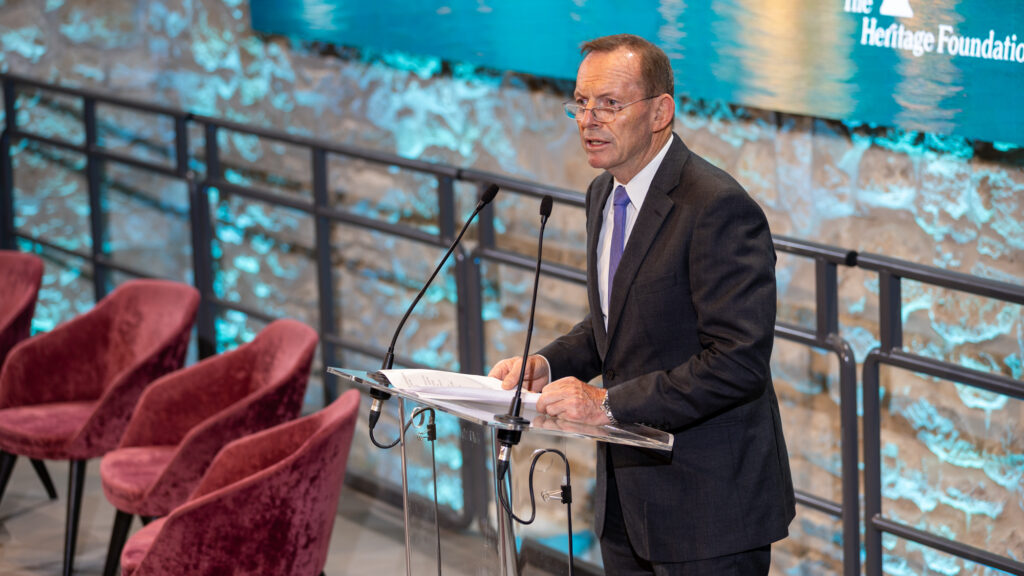
Former Prime Minister and President Václav Klaus of the Czech Republic spoke next, giving the keynote address to the subsequent panel discussion.
He started his piece by voicing his disagreement with the title of choice for the panel discussion, ‘What Comes After Globalization? Trade, Technology, and the New Economic Order’. In fact, the President is not fond of using the term ‘globalization’ in the first place, as he views it as a loosely defined, ‘fuzzy, journalistic term’. He prefers the term ‘internationalization’ instead, and noted that it has been the United States pushing the idea that we live in a ‘post-globalized’ world, as it has lost the most in the increasingly interconnected era of trade.
President Klaus shared that he spent more than half of his life under a communist regime, thus he can truly appreciate the value of free trade. However, he also feels that free trade is now threatened by the European Union, which has ‘gone from a vehicle for economic integration to a political union,’ as well as the woke, intersectional ideology.
He then lamented that the world has gone from listening to philosophers like Hayek and Friedman, to now giving big platforms to ‘people that want to rule the world’. By that, he was referring to progressive activists who are pushing for a global world order.
‘We have been losing to progressivism, that is why we need more Danube Institutes,’ President Klaus has stated at the end of his speech.
Afterwards, Managing Director for the Janus Forum Darren Spinck; Javlon Vakhabov, Deputy Advisor to the President of Uzbekistan on Foreign Policy; and Urs Unkauf, Federal Managing Director of the German Federal Association for Economic Development and Foreign Trade, joined President Klaus on stage for a panel discussion. George Bogden, a Senior Fellow at the Yorktown Institute, moderated the panel.
‘We have been losing to progressivism, that is why we need more Danube Institutes’
Mr Spinck pushed back against the arguments by President Klaus, and argued that it is, in fact, prudent to talk about the end of globalization. He said that perhaps the best testament to that is the statements made by Ambassador Jamieson Greer at the National Conservatism Conference in Washington, DC earlier this month. Greer, as quoted by Mr Spink at the Danube event, said that ‘Neoliberalism did not make the world embrace free-market economics, just like neoconservatism did not bring democracy to Iraq or Afghanistan,’ and that ‘Trade is neither good nor bad. It is just a means to an end, and not an end in itself.’
The speaker also pointed out that we have seen a rise in protectionism and securing supply chains across the world. The United States, he continued, is also working on creating a ‘Fortress North America’ with its closest trading partners. These developments have been mainly brought on by ‘China weaponizing trade’, he opined.
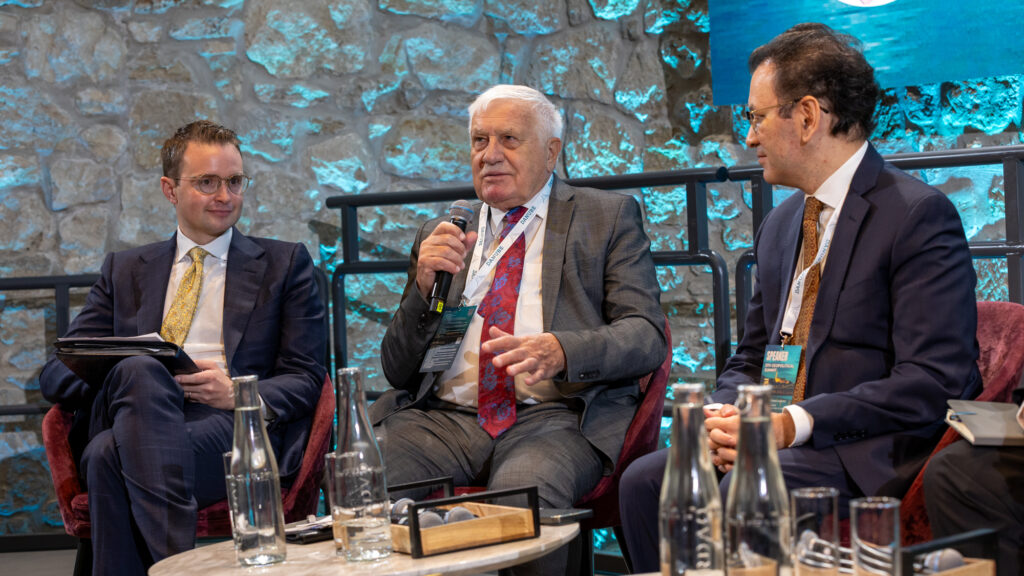
Mr Unkauf told the audience that a time of ‘strategic ambiguity leads to a new type of opennes’. Accordingly, there has been an increasing trend in regionalism, for instance, among Central Asian nations. He then went on to talk about another term, ‘economic diplomacy’, which he defined as ‘interaction where political action cannot go further, and thus incorporates non-governmental stakeholders’; and described the practice as ‘pragmatic, transactional engagement’ which is ‘not ideological’.
Mr Vakhabov reflected back on what Minister of Defence Kristóf Szalay-Bobrovniczky of Hungary said in his keynote address the day before: that is, that we live in an ‘era of independence’, which, as Mr Vakhabov put it, is a ‘not strictly global, multi-polar world order’ that is based on ‘pragmatism and balance of power’. He also lauded the fact that his region of Central Asia, which is where the great Silk Road used to run through, has been devoid of border disputes lately; and this time of tranquillity has brought great economic development in the region as well.
Mr Spinck brought attention to another crucial economic issue, national debts, at the end of the discussion, which, he believes, is even more important than tariffs. He revealed that there were plans in the second Trump administration to bring together the largest foreign holders of US national debt—China, Japan, and the United Kingdom—for the ‘Mar-a-Lago Accords’, where more favourable terms for interest payments would have been negotiated. However, that plan ultimately never came to fruition.
Related articles:

